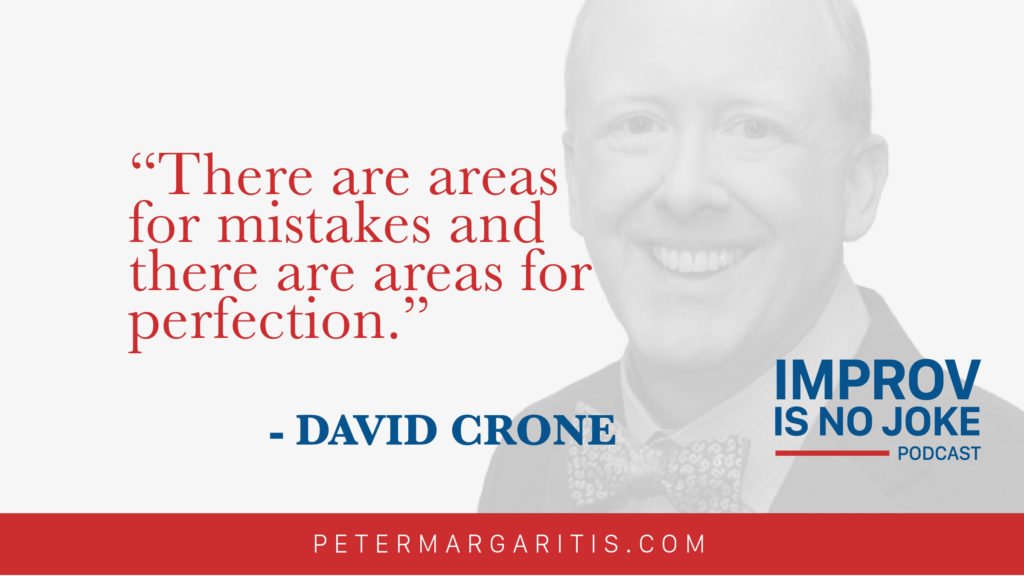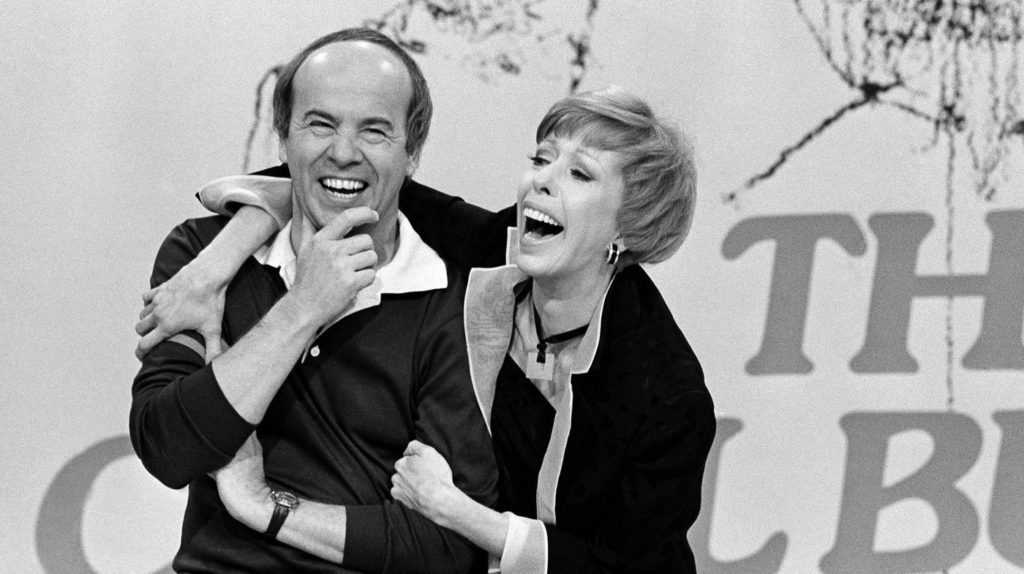I’m sure you’ve heard this before, “Drop by any time. I have an open door policy.” I’ve even seen an executive suite designed with no doors on the offices to enforce the concept.
This is all well and good. But, I disagree. Strongly.
I believe in having a closed door policy.
Don’t get me wrong. I encourage people to drop by and talk about anything that might be on their mind. I welcome the conversation. Even if all you want to do is complain. Even if the person you need to complain about is me. Even if what you need to complain about is the person whose cubicle is right outside my office.
You see where this is going? Seems obvious, doesn’t it?
How can someone feel comfortable sharing with you their deepest issues and concerns if they are concerned others can overhear the conversation? Especially if the issue at hand is sitting right outside the office; or is best friends with the person sitting there. You get the picture.
It’s not always an issue of complaining. Sometimes the conversation is extremely private in nature. They might be having a crisis in their personal life. Some conversations are difficult to start in the best of circumstances, and nearly impossible to begin without a sense of privacy.
So, the first step is to create an environment of privacy. Close the door.
Here’s something I learned from raising kids. Let them vent. Let them scream. Let them express their frustrations. Then pause. … Wait a beat. … Breathe. … And then … Ask them, “What would you like me to do about that?”
Not in a sarcastic voice. An honest, caring, empathetic way.
It is amazing how many times an employee, a staff member, a coworker has come into my office and simply needed to vent. No action was necessary on my part – other than to hear them. Allowing them to vent, to blow off the steam that had built up to the point where they came marching (sometimes storming) into my office was all they needed. It totally defused the situation. They were then able to go about their day. Other times, there were things they would ask of me. But, they could only ask in confidence.
To facilitate that level of open conversation we must make it safe to say whatever needs to be said. And a simple way to do that is by closing the door.
My policy is simple. Come in. Close the door. Say anything you need to say. What is said there stays there. The only thing that leaves is the action (if any) that is needed to address the issue.
Give it a shot. Create your own closed door policy. Encourage people to come in, close the door, say what they need to say. Then, when the door opens, walk out with a fresh perspective.




